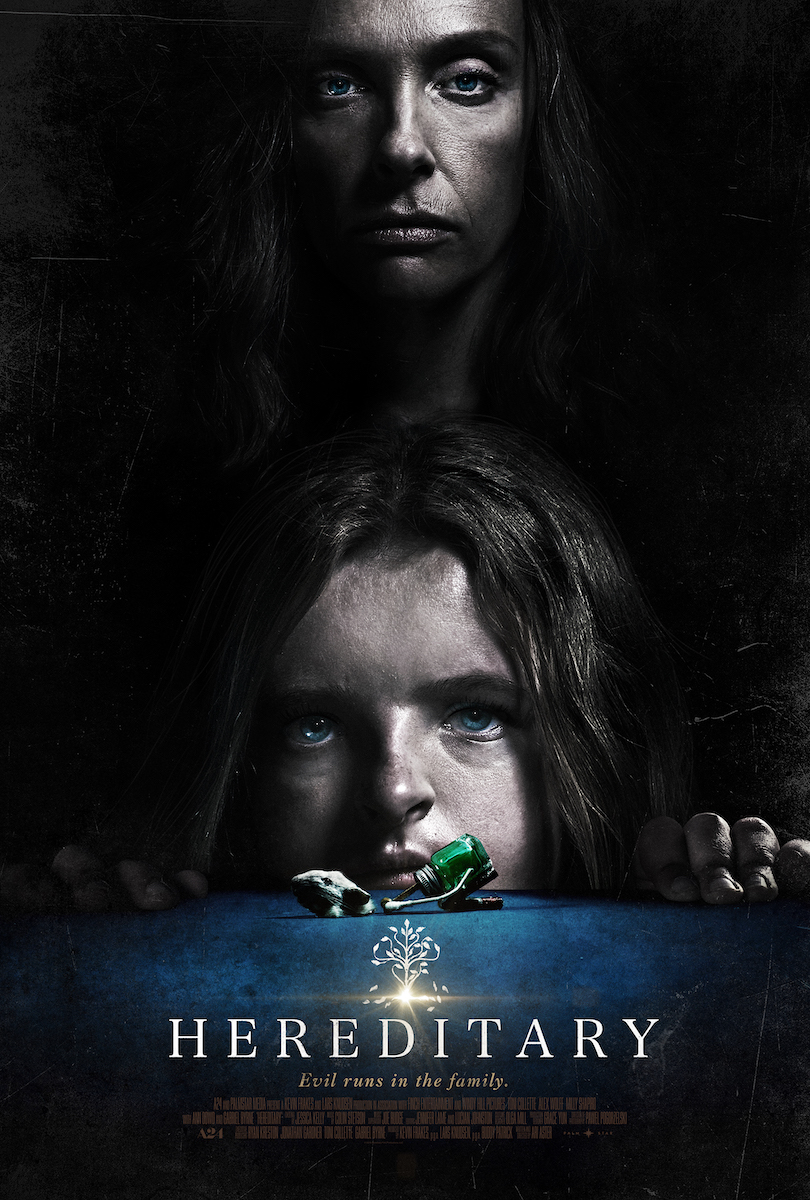“Scream,” “The Shining” and “The Conjuring” are films that often come to mind when discussing the horror genre. They are often categorized as quintessential scary movies for their ability to invoke emotion through their subject matter.
While “Hereditary,” directed by Ari Aster, may lack jump scares, its slow burn and detailed orientated plot line make it a great film in the next generation of horror movies.
The movie starts on a rather somber note when Ellen, the mentally ill matriarch of this family, passes away. The family attends her funeral, which was rather crowded. This leaves Annie, Ellen’s daughter, shocked.
We find out why when she attends a support group for people grieving the loss of loved ones. In this group, Annie talks about her disturbing childhood and her mother’s lack of contact with her until she and her husband, Steve, have their second child.
This was strange, as Peter was Ellen’s first grandchild, but Ellen only came back into the picture as a significant figure in her granddaughter’s life.
Shortly after the funeral, Steve was made aware of the desecration of his mother-in-law’s grave; however, he didn’t mention it to Annie.
Not to spoil the movie too much, but after one party, an allergic reaction and a rather gruesome car ride, the family was now grieving the loss of Charlie. This fractured the family and I think a lot of the plot line showed the increasing tensions within the remaining family.
This left Steve, Annie and Peter at odds with Annie blaming her son for Charlie’s death while Peter became withdrawn and overwhelmed with guilt. There is a brilliant scene that portrays this tension within the family.
The remaining family members were having dinner and Annie, played by actress Toni Collete, couldn’t contain her anger at her son Peter. I am honestly baffled as to how she did not get nominated for any awards for this performance.
This performance was so realistic and portrays real emotion from the dining table scene to when she found her daughter in the movie.
After this, Annie thought a seance would ease the family’s pain, but this only made things much worse. Without delving into much detail, it is discovered that Ellen was actually the leader of a cult that worshiped a demon named Paimon, who wishes to inhabit the body of a male host.
While Hereditary had a seemingly slowed-paced beginning, there were so many details and clever foreshadowing tactics that made the finale every more insane.
This film takes the viewer on a disturbing rollercoaster of emotions from sadness, disgust, anger and everything in between.
I admire how Aster left some points unexplained and left up to individual interpretation, which has caused significant amounts of discussion of fan theories or observations.
Even though the film didn’t win tons of awards, it still was a great movie that led A24 to hire Aster for the 2019 horror film “Midsommar.”
My explanation doesn’t even begin to do this film justice, so I would recommend the watch as it is so worth it.
Moris can be reached at [email protected].








